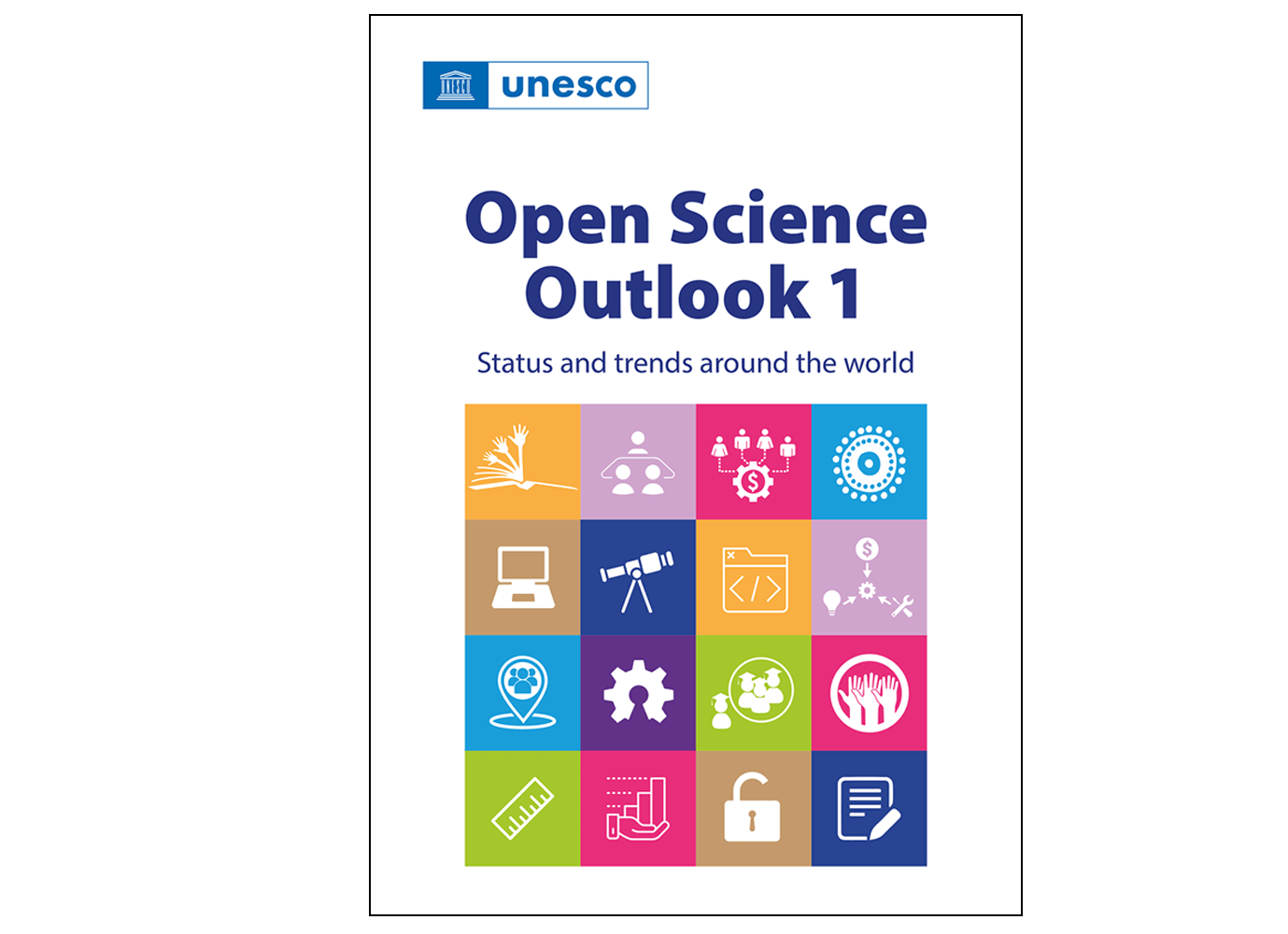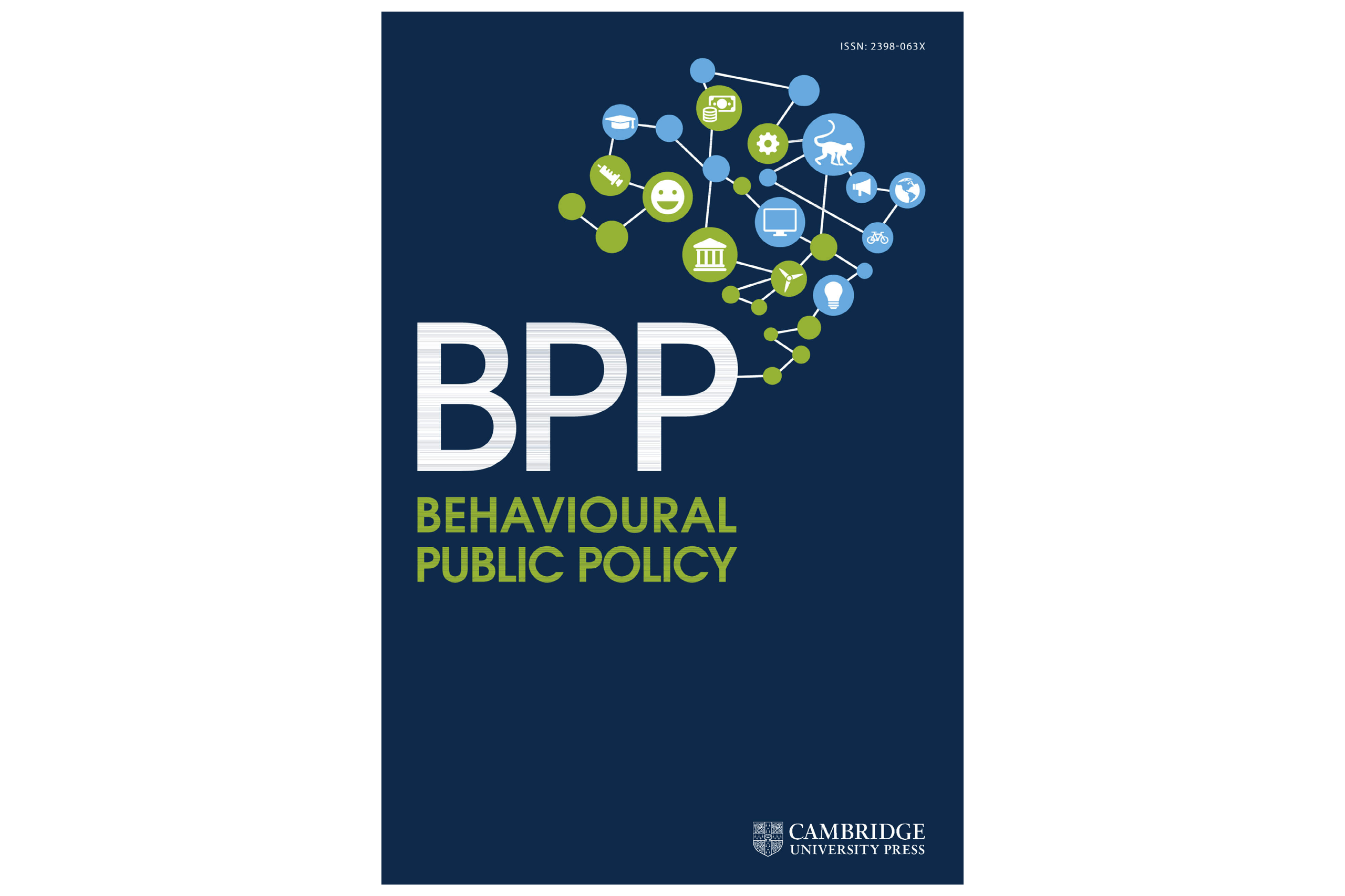Ruth Schmidt’s Research Featured in First UNESCO Open Science Outlook Report
December 30, 2023


The Global Launch of the first UNESCO Open Science Outlook report included a new model for scholarly impact developed by Ruth Schmidt as part of a collaboration with Leiden University and DORA (Declaration on Research Assessment) under Project TARA (Tools to Advance Research Assessment). It was released at a session preceding the closing ceremony of the International Year of Basic Sciences for Sustainable Development, hosted by UNESCO/CERN and held at the CERN Science Gateway on December 15, 2023.

This gathering brought together academic institutes, UN entities, diplomatic missions and other communities based in Geneva and involved in the promotion of open science, and provided a platform to discuss future actions to support equitable open sciences across the world in line with the 2021 UNESCO Recommendation on Open Science and following the CERN-NASA Summit on Open Science held at CERN in July 2023.
Earlier in December, Ruth Schmidt published the open-access paper “Frame plurality and ‘or/rationality’: a dialogic approach to the behavioral state” in the journal Behavioural Public Policy. The paper proposes the benefit of a behavioral approach aligned with strategic and participatory design as an alternative to nudges and marketplace-based models grounded in overcoming ‘irrational’ decision-making. Doing so can help behavioral design practitioners gain a greater understanding of peoples’ lived experiences and personal frames when considering interventions for behavior. Dialogic practice, they argue, can support transdisciplinary collaboration. An earlier version of this line of thinking was presented at a pre-symposium as part of the first International Behavioral Public Policy conference in London in 2022.

